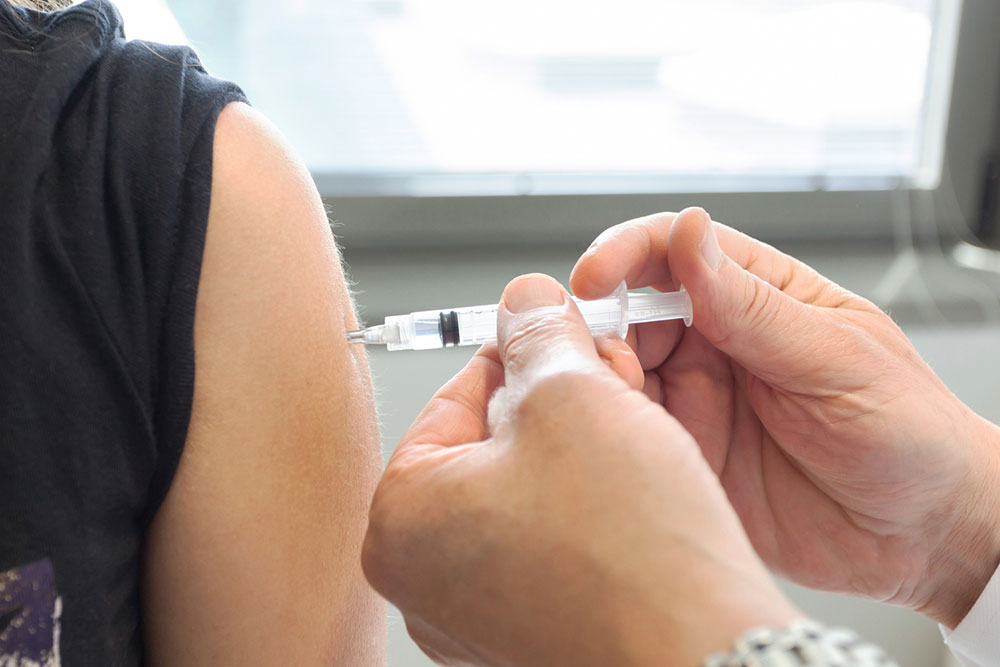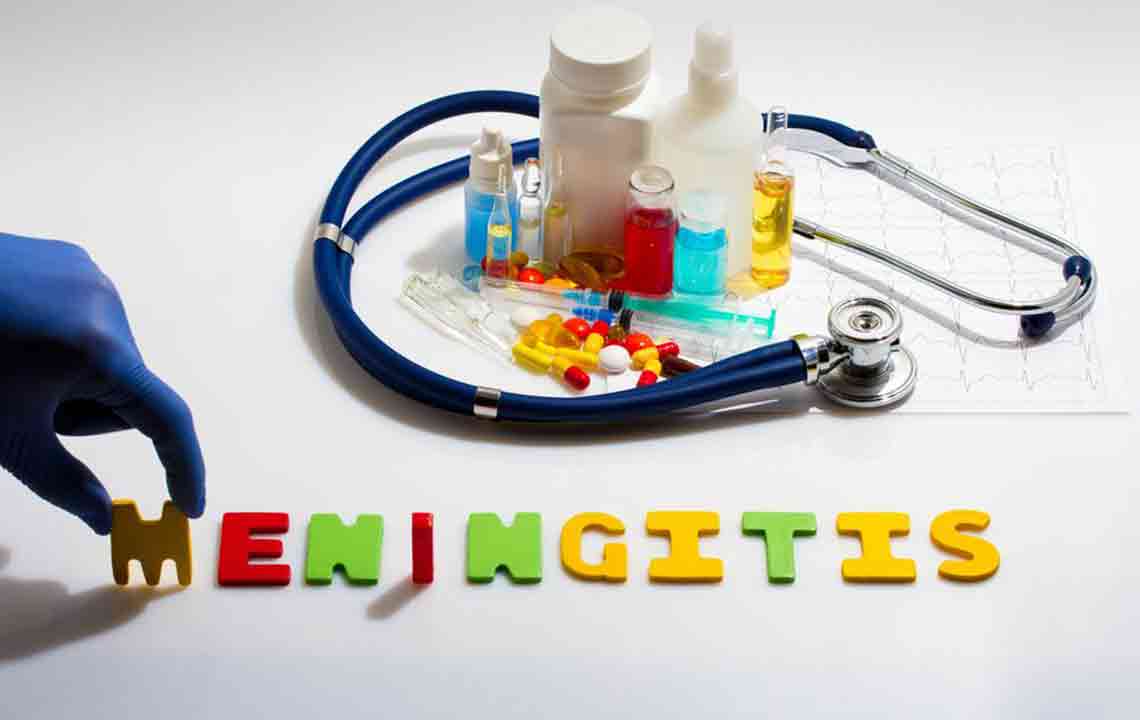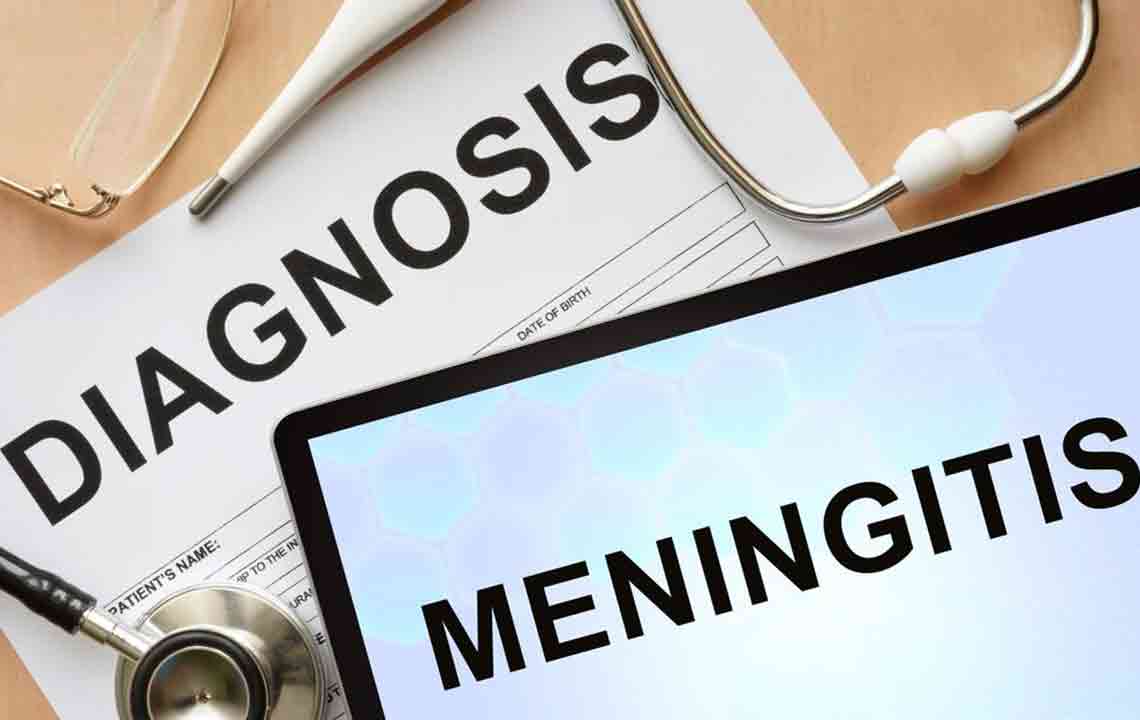Comprehensive Guide to Meningitis Vaccination: Protect Yourself and Your Loved Ones
This comprehensive guide highlights the importance of meningitis vaccination, detailing available vaccine types, target populations, and reasons to get vaccinated. Protect yourself from meningococcal disease with informed choices and expert recommendations. Learn about safety precautions and vaccination schedules to effectively prevent this potentially deadly infection.

The Ultimate Guide to Meningitis Vaccination and Its Importance
Vaccination has long been recognized as one of the most effective strategies to prevent serious infectious diseases. Immunizations during childhood and adulthood play crucial roles in reducing the incidence and severity of life-threatening conditions. Among these, meningitis caused by meningococcal bacteria presents a significant health threat, especially to adolescents, young adults, and other vulnerable groups. Fortunately, the advent of meningitis vaccines has transformed what was once a deadly disease into a preventable condition, saving countless lives worldwide.
While meningococcal infections are relatively rare, their swift progression and severity demand attention. Teenagers and young adults, in particular, remain at higher risk, especially due to close contact settings like schools, colleges, and crowded environments. The bacteria responsible for meningitis can invade the body rapidly, infecting the lining of the brain and spinal cord, leading to serious complications or even death if untreated. Therefore, understanding the importance of meningitis vaccination, the types available, and the recommended schedules is essential for both individual protection and public health safety.
Getting vaccinated against meningitis remains the most effective method to guard against this rapidly spreading disease.
All You Need to Know About Meningitis Vaccines
Meningococcal disease doesn't spread in the same manner as the common cold or flu; instead, it transmits primarily through respiratory and throat secretions. Infected individuals can pass bacteria to others via coughing, sneezing, or even close personal contact such as kissing. Currently, health authorities have authorized three main types of meningococcal vaccines, each designed to protect against specific bacterial strains. These vaccines are made without live bacteria, ensuring safety while stimulating the immune system effectively.
These vaccines work by introducing antigens that prompt the body's immune defenses to produce protective antibodies. When actual infection occurs, these antibodies recognize and combat the invading bacteria, significantly reducing disease risk.
The three major vaccines designed to prevent meningococcal disease include:
Meningococcal polysaccharide vaccine (MPSV4)
Meningococcal conjugate vaccine (MCV4)
Serogroup B meningococcal vaccine (MenB)
Each has specific applications, target populations, and coverage. The MPSV4 and MCV4 vaccines protect against four primary strains responsible for approximately 70% of cases in many regions, while the MenB vaccine targets the B strain, which has caused outbreaks in certain populations.
The MCV4 vaccine is generally recommended for individuals aged 55 and below, with teenagers receiving two doses—initially at age 11–12, followed by a booster at age 16. These are administered via intramuscular injection. When MCV4 isn't accessible, MPSV4 is a suitable alternative and is given as a subcutaneous shot. MPSV4 is typically preferred for those over 55, considering its safety profile in older adults. The MenB vaccine is mainly advised for individuals aged 10–24 but can be administered to older adults based on risk factors or as per healthcare provider recommendations.
Precautions include avoiding vaccination if allergic to vaccine components. Pregnant or breastfeeding women should consult their healthcare providers prior to vaccination to assess safety. Ensuring overall health and absence of other illnesses enhances vaccine efficacy and minimizes potential adverse reactions.
Why Vaccinate Against Meningitis?
Vaccination provides critical benefits, including:
Preventing disease occurrence: The foremost goal is to protect individuals from contracting meningococcal disease, which can progress rapidly and be fatal. Young adults, college students, and teenagers are especially vulnerable, making vaccination a vital preventive measure.
Controlling outbreaks: During regional or community outbreaks, immunization plays a crucial role in limiting disease spread, particularly because the bacteria are transmitted via respiratory droplets.
Who Should Consider Getting a Meningitis Vaccine?
Healthcare professionals: Doctors, nurses, and medical staff working in close contact with patients should be vaccinated to prevent nosocomial infections.
Travelers to high-risk areas: People visiting or working in countries with elevated rates of meningococcal disease must get vaccinated to reduce their risk.
Frequent travelers: Business travelers or individuals who regularly move between regions should consider vaccination for ongoing protection.
Military personnel: Members of the armed forces who are deployed in diverse environments should be vaccinated as part of their health precautions.
Individuals with compromised immune systems: Those with spleen disorders, immune deficiencies, or chronic illnesses are more susceptible to invasive bacterial infections and should seek vaccination guidance from healthcare providers.
Increasing awareness and availability of meningitis vaccines have led to a notable decline in disease cases globally. Nevertheless, continuous education, timely vaccination, and consultation with healthcare professionals remain essential for effective prevention. Vaccination significantly reduces the risk of meningococcal meningitis, safeguarding individual health and public safety.





